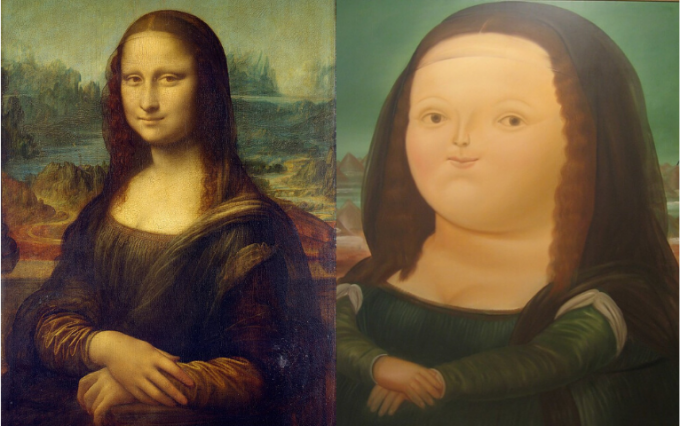equality is the no difference. Equality occurs when all parts are under the same conditions, have the same value or are interpreted from the same point of view, whether in comparing things or people.
The word equality is related to the concept of uniformity, continuity, that is, when there is a pattern between all the subjects or objects involved.
Equality in justice is based on the premise that all individuals, in a given nation, for example, are subject to the same laws that govern the country, and must obey the same rights and duties.
Equality in Brazil is provided for in article 5O of the Federal Constitution, called Principle of Equality and that says that everyone is equal before the law. The Federal Constitution still guarantees the distinction between the formal equality, which is formalized by the fifth article, and the material equality, which includes public policies to reduce social inequality and eradicate poverty.
Etymologically, the word equality comes from the Latin aequalitas, which means "that which is equal", "similar".
Liberty, equality and fraternity they are the rights that were demanded by the population of France during the French Revolution. This phrase would come to synthesize the whole nature of the revolution and the spirit of the new French citizen. This cry of order would become a model for many other revolutions in various parts of Europe and the rest of the world.
Gender equality
Gender equality means the equality of rights and duties between male and female. This is a concept that should be considered as the basis for building a society with less prejudices and discrimination, whether based on gender or other characteristics, such as sexual, ethnic or Social.
Learn more about the meaning of Gender Equality.
Social equality
The concept of social equality is more easily understood when viewed from the opposite perspective, of social inequality. Social inequality is when there is a big difference between the richest and the poorest strata population, in which economic inequality generates social problems such as violence and crime. One of the ways to work for greater social equality is with public policies in terms of income redistribution and investments in education.
Learn more about the meaning of Social inequality.
Racial equality
Racial equality is a concept based on the idea that all men are equal and that there are no different human races. All ethnic groups must have the same rights and duties as citizens.
The idea of racial equality only began to be strengthened after the abolition of slavery, in the late nineteenth century (in Brazil). Individuals categorized as "black race", coming from African countries, were enslaved because they were considered inferior to "white race".
Anti-Semitism and the ideal of a superior pure race advocated by Adolf Hitler were responsible for the massacre of millions of blacks and Jews during World War II. After the conflict, the existence of laws that would guarantee equality between ethnic groups became indispensable all over the world.
In Brazil, the Racial Equality Statute is provided for in Law No. 12,288, of July 21, 2010, which aims to prevent racial discrimination in the country, with judicial penalties; in addition to creating or encouraging educational programs to raise awareness of the population against inequality between different racial groups.
See also the concept of Equity.

